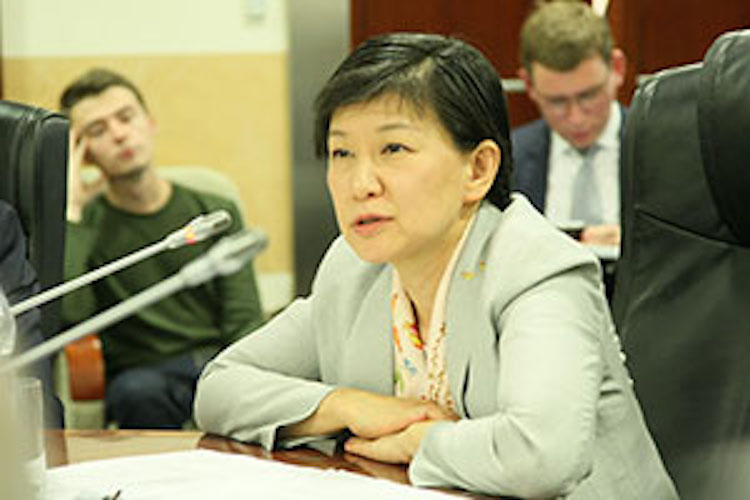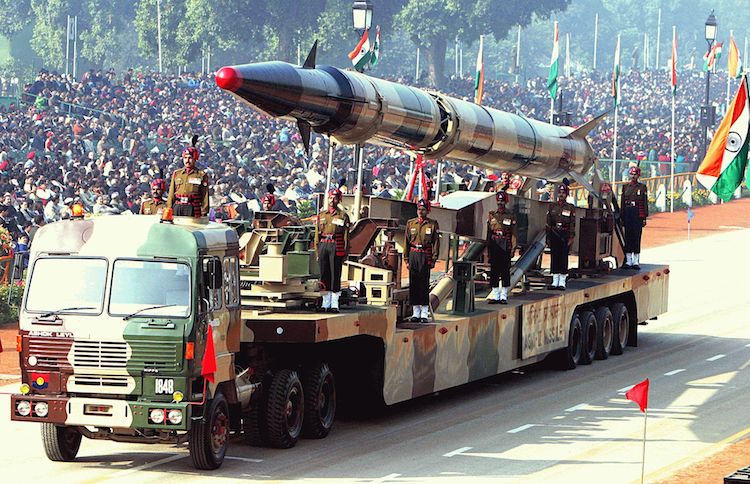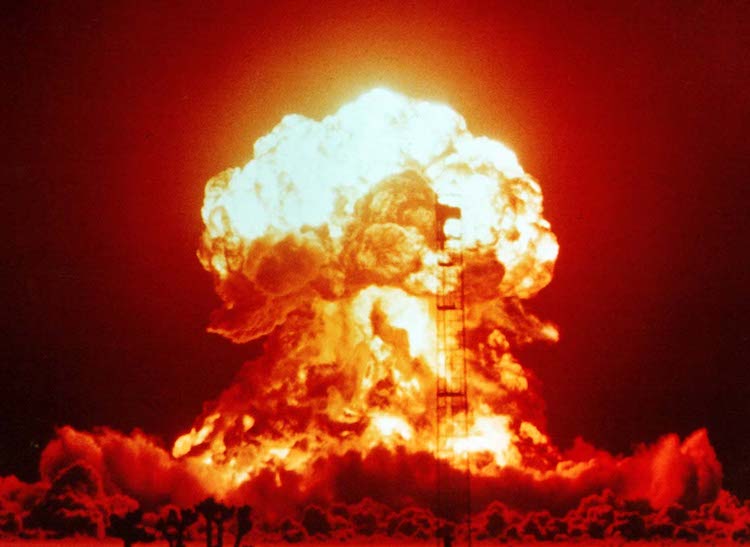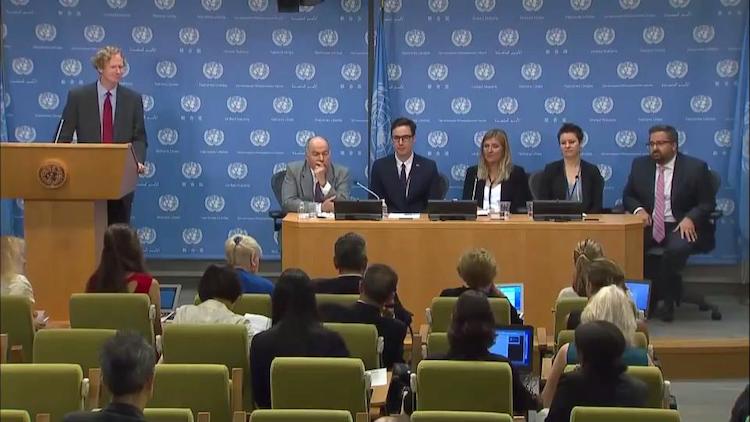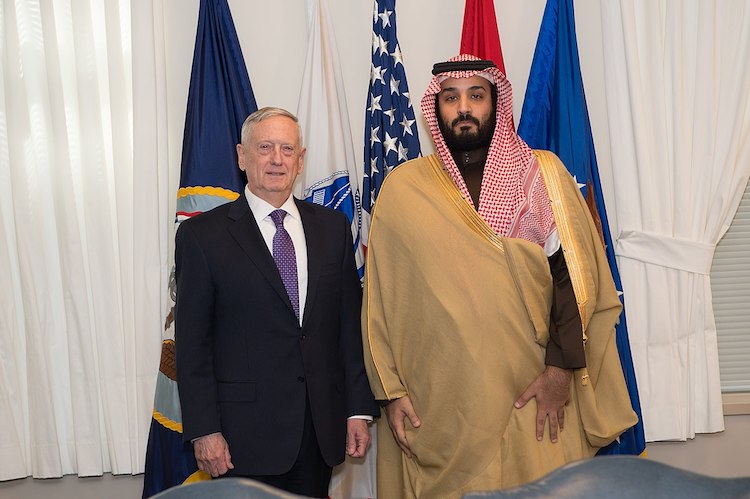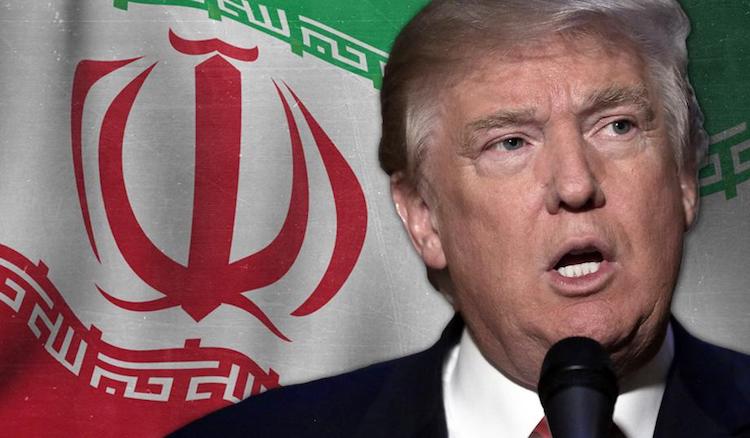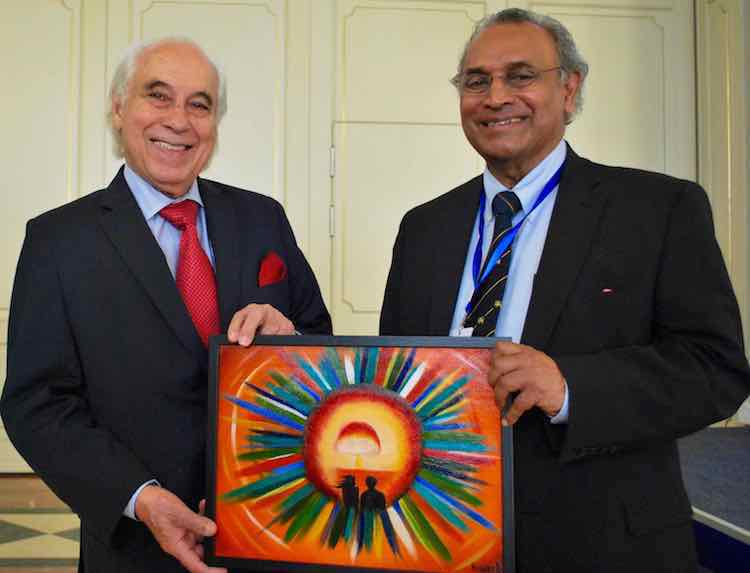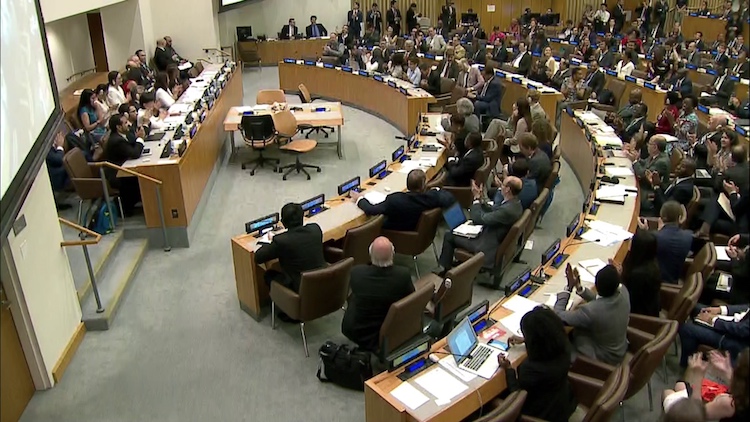By J Nastranis
Note: This report draws heavily on information and analysis provided by the Parliamentarians for Nuclear Non-Proliferation and Disarmament (PNND) and UNFOLD ZERO, a platform for UN focused initiatives and actions for the achievement of a nuclear weapons free world. – The Editor.
NEW YORK (IDN) – As surging tensions between North Korea and the U.S. raise again the spectre of a nuclear war, the United Nations has called on leaders around the world to come together in a High-Level Conference to reduce nuclear dangers and pave the way for nuclear disarmament.
In a resolution adopted by the General Assembly on November 1, the UN has set the dates and mandate for a High-Level conference on nuclear disarmament to take place from May 14-16, 2018 at the world body’s headquarters in New York.



